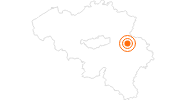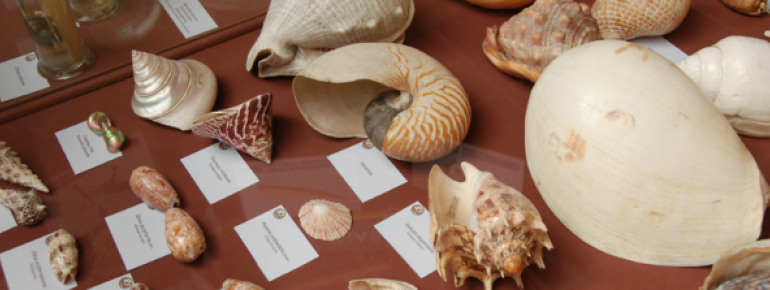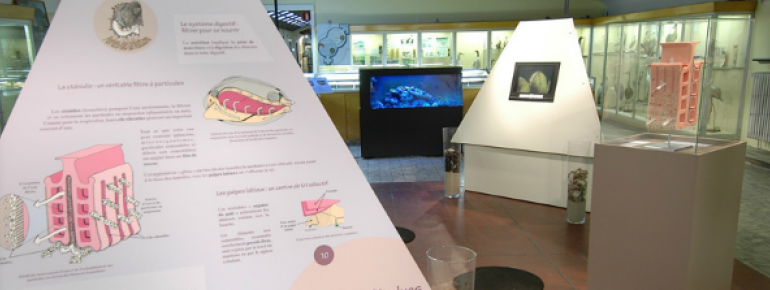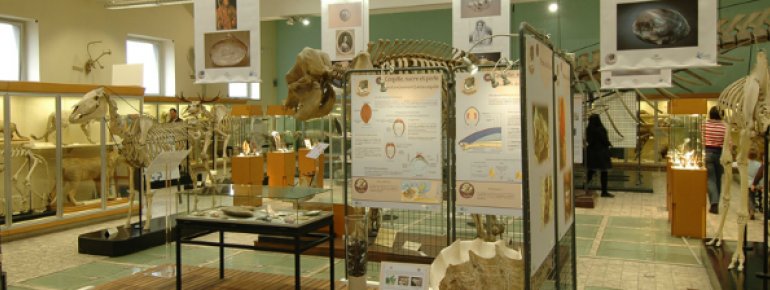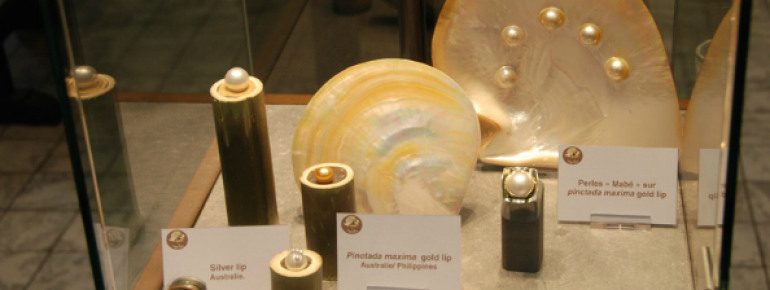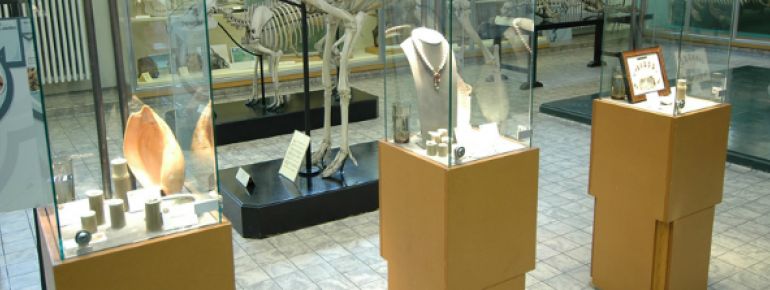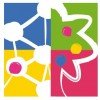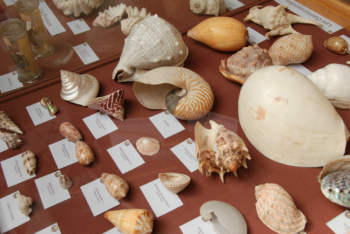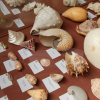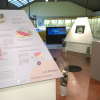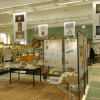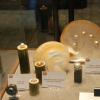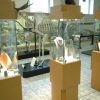Contents
Description
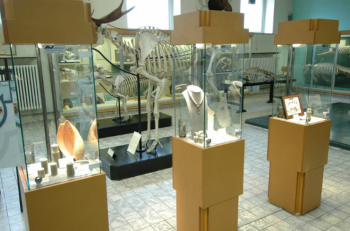
The Aquarium of Lüttich takes you on a journey through an impressive underwater world with more than 2,500 fish from all around the globe. The biodiversity is presented in the most exciting way and is, at the same time, in accordance with the highest scientific standards. In addition, the adjacent Zoological Museum opens up to the public by showing land-living animals.
Aquarium
You can visit five aquariums including 46 pools that are home to more than 2,500 fish in any colours imaginable. Check out the hall of sharks and coral reefs. Here you find sharks in any shapes imaginable, some even with black dots, clown fish, doctor fish and numerous other maritime creatures of Australia's Great Barrier Reef.
Zoology Museum
There are appr. 20,000 stuffed animals and skeletons from around the globe that were taken here to be exhibited. The Zoology Museum literally accommodates every animal you can image: insects, tarantulas, anacondas, dolphins, mussels or koala bears, gorillas, elephants and even whales are not too big to fit into the museum. Whether it's small or big animals you like to observe, the museum has them all.
Visiting
Should you feel thirsty after having visited all there is at the Aquarium and Zoology Museum, you surely may want to try the Aquarium's very own beer “La Requine”, literally translated it means “the shark lady”. In the entrance hall of the museum you find more vending machines filled with drinks and little snacks. If you are after proper food, then “le labo 4” is a restaurant you might want to pay a visit to. It's just at the back side of the museum. Further restaurants and brasseries can be found in close proximity of Liège's city centre.
You can additionally find a book store in the Zoology Museum as well as a souvenir shop to buy something you will always remember this place with.
Historical Information
Zoology in Liège
The idea to build an aquarium came up at the University of Liège in 1888. Edouard van Beneden, the founding father of the Institute for Zoology and Désiré Damas, were both specialists for fish species. Nowadays, they are known to have been Belgium's first oceanographers. It was them who made it possible that the field of zoology became a major research subject at the University of Liège in the following years.
Founding of the Aquarium
At the time when the museum had to be renovated and modernised, just after the Second World War had ended, the building of the aquarium was initiated for research and teaching purposes. On 12th November 1962, the public hall of the Aquarium was inaugurated with a suiting ceremony.
In the beginning, there were 27 exhibition tanks and 21 research tanks. The latter ones were not made publicly accessible, though.
The Aquarium today
Later further exhibition tanks were added, making the aquarium one of the most visited sights in Liège. Counting 80,000 visitors a year, it is one of the most visited museums in Wallonia.
Interesting facts
- Aquarium and Zoological Museum of Liège is among the 3 best rated Tourist Attractions in Belgium.
- The day pass at Aquarium and Zoological Museum of Liège is €13 making it one of the 5 cheapest tourist Attractions in Belgium.
How to get there
By public transport
The easiest way to the museum is by taking the TEC city bus line 17 from “Guillemins” station. You may as well use city bus line 4.
By car
The Aquarium is located at Quai Edouard van Beneden, directly situated at the river Meuse. Follow the A3/ E40 until you get the motorway junction “Loncin” and keep right in the direction of Liège. On the E25 you keep driving until you reach Exit 35 – Avroy and the direction of Avroy/ Laveu. It continues slightly leftwards and turns to Jardin Jean-Bernard Lejeune/ N607.
Turn right into Boulevard d'Avroy/ N617 and immediately slightly to the right and stay on it. Follow the N617 until you can turn right into the Avenue des Croix du Feu and continue on the road straight forward until you can take a left turn into Rue Renoz. Shortly after, you turn left into Rue des Fories, then right into Quai Marcellis, left onto Quai Churchill. From here you then carry on towards Quai Edouard van Beneden. And here you are at the Aquarium. There are plenty of car parks provided on-site.
